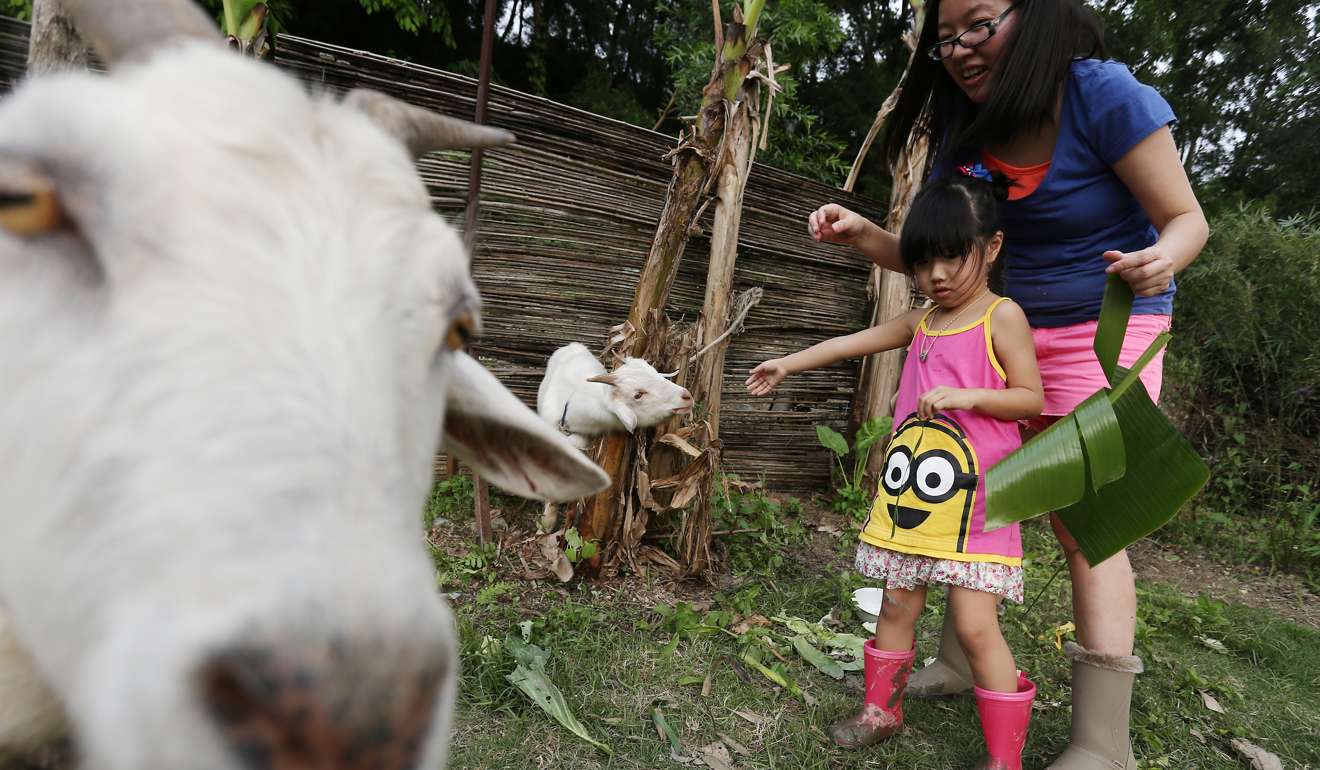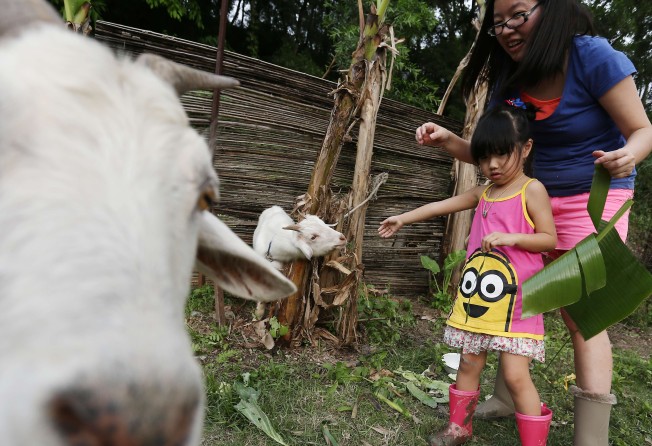
Ausnutria’s 2016 profit surge helped by booming China sales of goat milk

Cow’s milk, move over. Mainland Chinese are embracing the exotic and pricey alternative of goat’s milk which they see as a healthier and nutritional alternative – and with a chemical structure similar to that of breast milk.
The growing appetite, particularly among young Chinese mothers, has given rise to a burgeoning multibillion dollar industry of which Changsha- headquartered Ausnutria Dairy is on a mission to make its mark.
“A large part of what we are doing now is to educate people on how to appreciate goat milk products,” said Yan Weibin, chairman of Ausnutria, China’s largest goat milk infant formula company.
“Drinking goat milk is still a minority taste, but there is huge room for growth especially given China’s scrapping of the one child policy which definitely boosts birth rates.”
Goat milk currently accounts for a mere 2 per cent of the global milk supply. However, robust sales helped Ausnutria more than quadruple its 2016 profit on year to 213 million yuan (US$31 million), according to a stock exchange filing on March 15.
The growth came in spite of a bruising price war that hurt home-grown dairy producers such as China Mengniu, which has warned of substantial losses for 2016.

Yan’s company first ventured into the niche market as part of what he called “evasive manoeuvres” when facing fierce competition from industry behemoths like Mengniu. Today it is positioned to benefit from 30 per cent annual growth in a market in which it holds more than 50 per cent market share.
The popularity of goat’s milk in China got a boost as mainland parents refrained from using domestic milk powder following the contaminated infant formula scandal of 2008. More recently it has won favour over cow’s milk after some dietitians suggested it contains more calcium, minerals and vitamins, and was easier for sensitive stomachs to digest.
Some members of the urban middle-class are even consuming goat’s milk as an expensive and relatively scarce novelty beverage, resembling the way consumers drove up sales of wine in a country where rice liquor has prevailed throughout more than 5,000 years of civilisation.
Underscoring the rapid pace of change in China, cow’s milk had been largely absent in Chinese diets until a few decades ago.
“Goat’s milk can be twice or three times costlier than cow’s milk but as Chinese millennials always yearn for something different, they do not worry about paying a premium,” said Song Liang, an independent dairy analyst.
There is still debate as to whether goat’s milk is better than cow’s milk– a commodity often dubbed “white gold”. Some argue that cow’s milk wins hands down when it comes to vitamin B12, as some children fed with goat’s milk were found to have a B12 deficiency with symptoms of fatigue and weakness.
However, cow’s milk, a common cause of food allergy in children, prompted many mainland parents to switch to soy or goat’s milk which has far fewer allergenic proteins, according to various studies.
“People who consume goat’s milk cite a lower incidence of allergies and digestive complaints,” said Edward Group, founder of health consultancy Global Healing Centre.
About 2 to 3 per cent of infants in China suffer from allergies to proteins in cow’s milk that may persist into adulthood, according to research by the Xinhua Affiliated Hospital of Shanghai Jiaotong University. That translates into an enormous customer base considering China’s population of more than 1.3 billion.。
Ausnutria operates most of its manufacturing facilities in the Netherlands and generates about a quarter of its revenue from Europe and Middle East. It plans to target the US market next. “We are running clinical trials for our products to get approval from the US Food and Drug Administration, and after that we will map out our distribution strategies,” Yan said.
However, some studies show goat’s milk is short of essential nutrients and is not suitable as a base for infant formulas. This means soaring demand may eventually level off.
“There are structural reasons why goat milk has remained a niche product in the baby formula markets of the developed world,”said Robin Yuen, a consumer analyst with RHB Securities.
Hong Kong-listed shares of Ausnutria Dairy ended 0.9 per cent lower on Monday at HK$3.27.
The name of Ausnutria’s chairman appeared incorrectly in an earlier version of this story and has been corrected to Yan Weibin